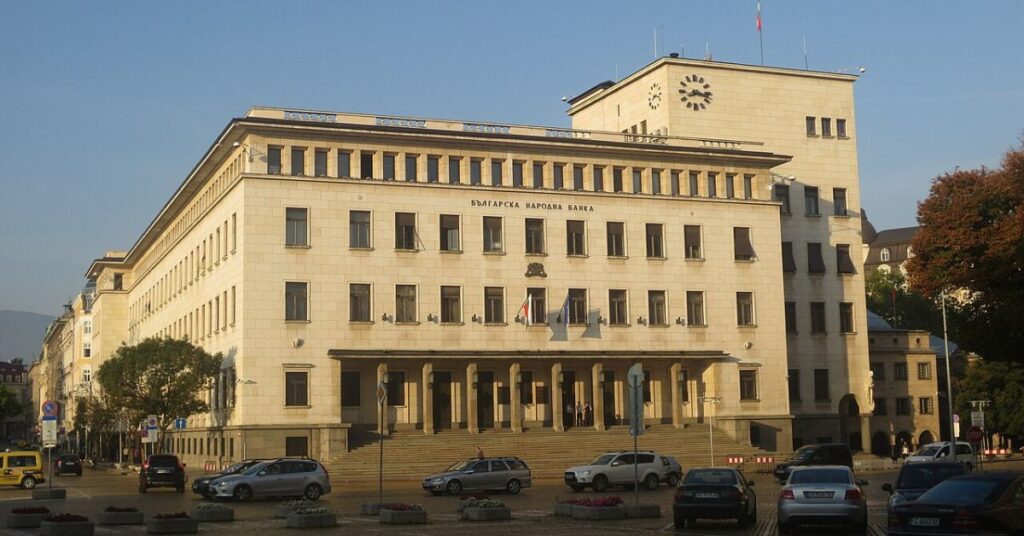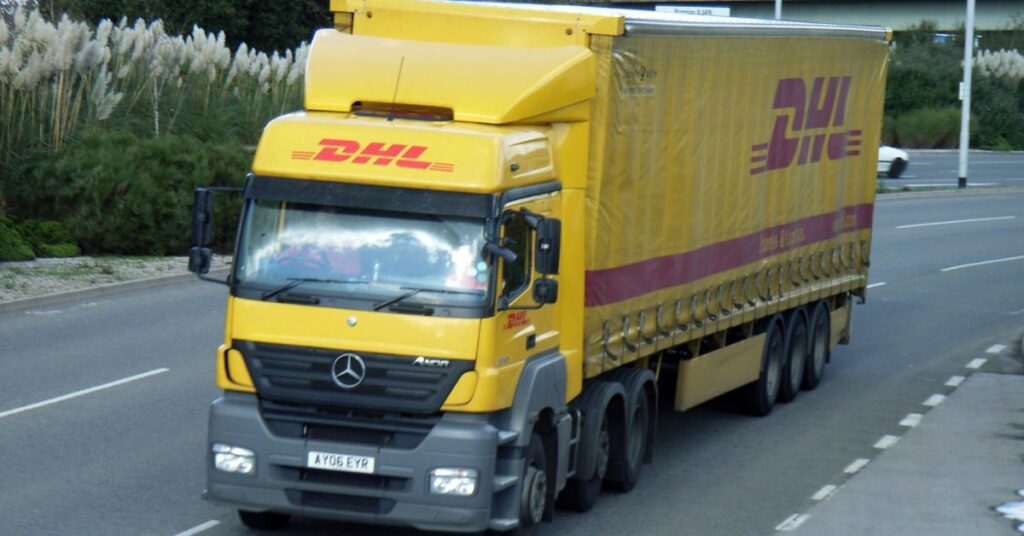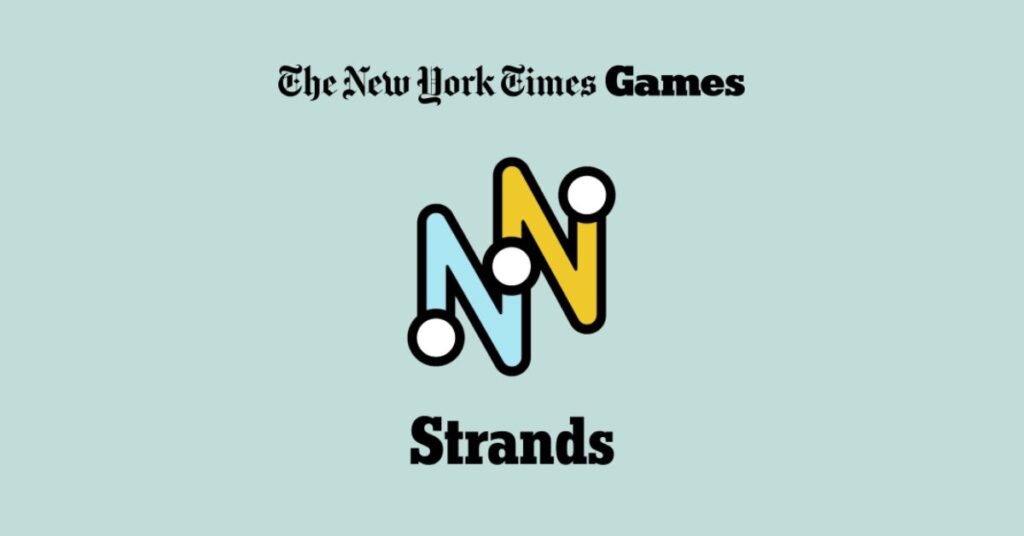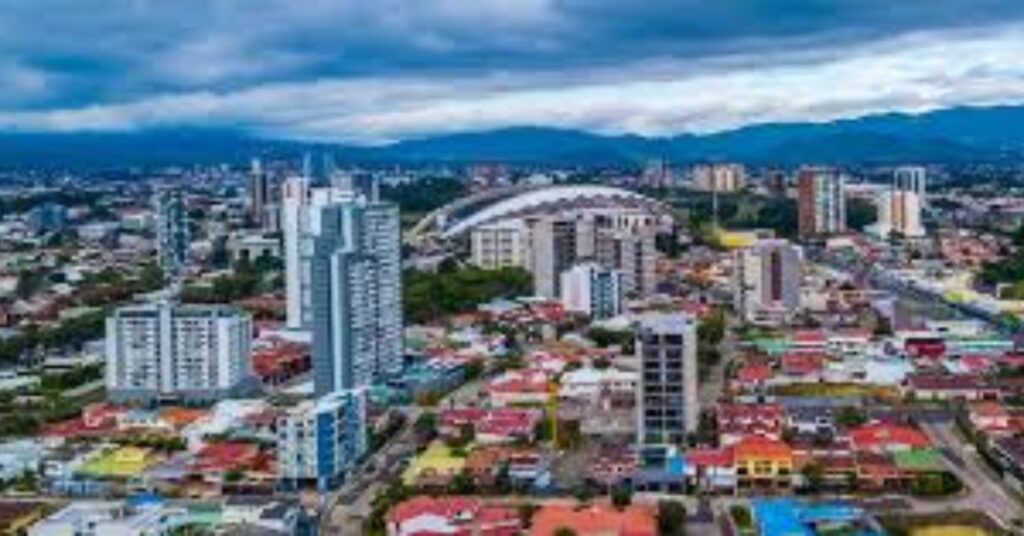In a country often overshadowed by economic uncertainty and demographic decline, a surprising surge of innovation and investment is rewriting Bulgaria’s future—and offering real hope to the unemployed. From a billion-euro bet on digital banking to the meteoric rise of homegrown AI startup Lace, Bulgaria is turning tech ambition into action. With new electric trains rolling in and a €600 million energy storage push underway, a wave of opportunity is building. For those sidelined by job loss, these moves are more than headlines—they’re lifelines.
Bulgaria is rapidly transforming into a magnet for digital innovation and infrastructure investment, and the ripple effects are creating new paths for economic revival. Global private equity firm Advent International has announced its acquisition of TBI Bank, a fast-growing digital-first bank based in Bulgaria. With over 2.4 million customers and nearly one million loans issued in 2024, TBI’s rapid expansion demonstrates a shifting landscape in Southeast European finance. Advent’s backing is poised to accelerate growth, signaling increased hiring and service expansion across Bulgaria, Romania, and Greece.
This acquisition adds to a growing list of bullish moves in Bulgaria’s tech sector. One standout is Lace AI, a Sofia-based revenue intelligence startup that has captured $19 million in Seed funding following an astonishing 1000% growth in 2024. By using AI to analyze inbound calls and deliver real-time coaching insights, Lace has helped clients boost booking rates up to 98%—all without additional staff or marketing. Its Sofia R&D center is now among the largest in Eastern Europe, a potential game-changer for skilled and aspiring tech workers alike.
At the same time, Bulgaria is making massive strides in modernizing its infrastructure. In a €328.4 million deal with Stadler, the country will receive 35 new electric trains, aimed at reducing carbon emissions and improving rail reliability. Backed by the EU’s Recovery and Resilience Plan, the project includes a 15-year maintenance contract and is expected to create engineering and support jobs across the country.
In another bold move, Bulgaria’s Ministry of Energy finalized funding for nearly 10GWh of battery energy storage projects, drawing €588 million to support the construction of 82 new facilities. These developments are crucial for integrating renewable energy and ensuring grid stability, and they promise to fuel demand for technicians, project managers, and skilled trades. This green transition may help combat Bulgaria’s longstanding issues with informal employment and regional economic disparity.
Despite progress, challenges remain. Bulgaria’s shrinking, aging population continues to strain its labour market. Informal jobs are still widespread, and poverty, especially among minorities and immigrants, persists. Yet the alignment of global capital, cutting-edge innovation, and national policy is creating unprecedented openings for people left behind.
Table: Bulgaria’s 2024 Investment Highlights
| Sector | Investment Amount | Key Outcome | Potential Jobs Created |
| Digital Banking (TBI) | ~€300M (est.) | Advent acquisition; expanded services | Financial, IT roles |
| AI Startup (Lace AI) | $19M | 1000% growth; new R&D jobs | Tech, AI, analytics |
| Rail Infrastructure | €328.4M | 35 electric trains; 15-year maintenance | Engineering, rail ops |
| Energy Storage Projects | €588M | 9.7GWh capacity; 82 sites | Renewable energy roles |
What is TBI Bank, and who just acquired it?
TBI Bank is a digital-first bank operating in Bulgaria, Romania, and Greece, with over 2.4 million customers and more than 32,000 merchant partner check-out points. In April 2025, it was acquired by global private equity firm Advent International for an undisclosed amount (estimated over €300 million).
How profitable was TBI Bank in 2024?
TBI Bank reported a record-high net profit of €50 million in 2024, an 18% increase compared to the previous year.
What is Lace AI, and why is it significant?
Lace AI is a Sofia-based revenue intelligence startup focused on the home services industry. It raised $19 million in Seed funding after achieving 1000% growth in 2024. The platform analyzes inbound customer calls, providing actionable coaching without extra headcount or marketing spend.
What are the economic benefits of Lace AI?
Lace AI has helped clients achieve up to 98% booking rates and 35% higher net sales without additional operational costs. Its R&D center in Sofia is one of the largest AI hubs in the region.
What’s the deal with Bulgaria’s new electric trains?
Bulgaria signed a €328.4 million contract with Stadler to deliver 35 electric trains by November 2026. The investment includes a 15-year maintenance plan and is funded by the EU’s Recovery and Resilience Plan.
How much is Bulgaria investing in energy storage?
€588 million is being invested across 82 energy storage projects, totaling nearly 10GWh of capacity. This is part of Bulgaria’s strategy to integrate renewable energy and enhance grid stability.
What challenges does Bulgaria still face in employment?
Despite progress, Bulgaria continues to struggle with a shrinking and aging population, widespread informal employment, and economic disparities across regions and social groups.
What language is spoken in Bulgaria?
Bulgarian is the official language. Russian and English are also spoken, especially among younger generations and in business contexts.
Where is Bulgaria located in Europe?
Bulgaria is in Southeast Europe, bordered by Romania, Serbia, North Macedonia, Greece, Turkey, and the Black Sea. Sofia is its capital and largest city.
What is a klek shop?
A klek shop is a small, often underground store in Bulgaria, where goods are sold through a street-level window. They’re a quirky part of local retail culture and a symbol of informal entrepreneurship.
Closing Tips for the Unemployed in Bulgaria:
- Follow the tech wave. With startups like Lace AI expanding, consider training in data analysis, customer success, or basic coding. Free online resources can get you started.
- Track public infrastructure jobs. Government investments in rail and energy mean new openings. Check municipal job boards or national infrastructure projects regularly.
- Learn English or brush up your Bulgarian. Bilingualism is a strong asset in Bulgaria’s increasingly international job market.
- Apply for apprenticeships or internships. TBI Bank, tech firms, and EU-funded projects may offer entry points even if you lack experience.
- Don’t overlook small roles. Working at a klek shop or part-time gig might connect you to people or skills that lead to long-term opportunities.
When change moves this fast, even a small step forward can lead somewhere big.



















